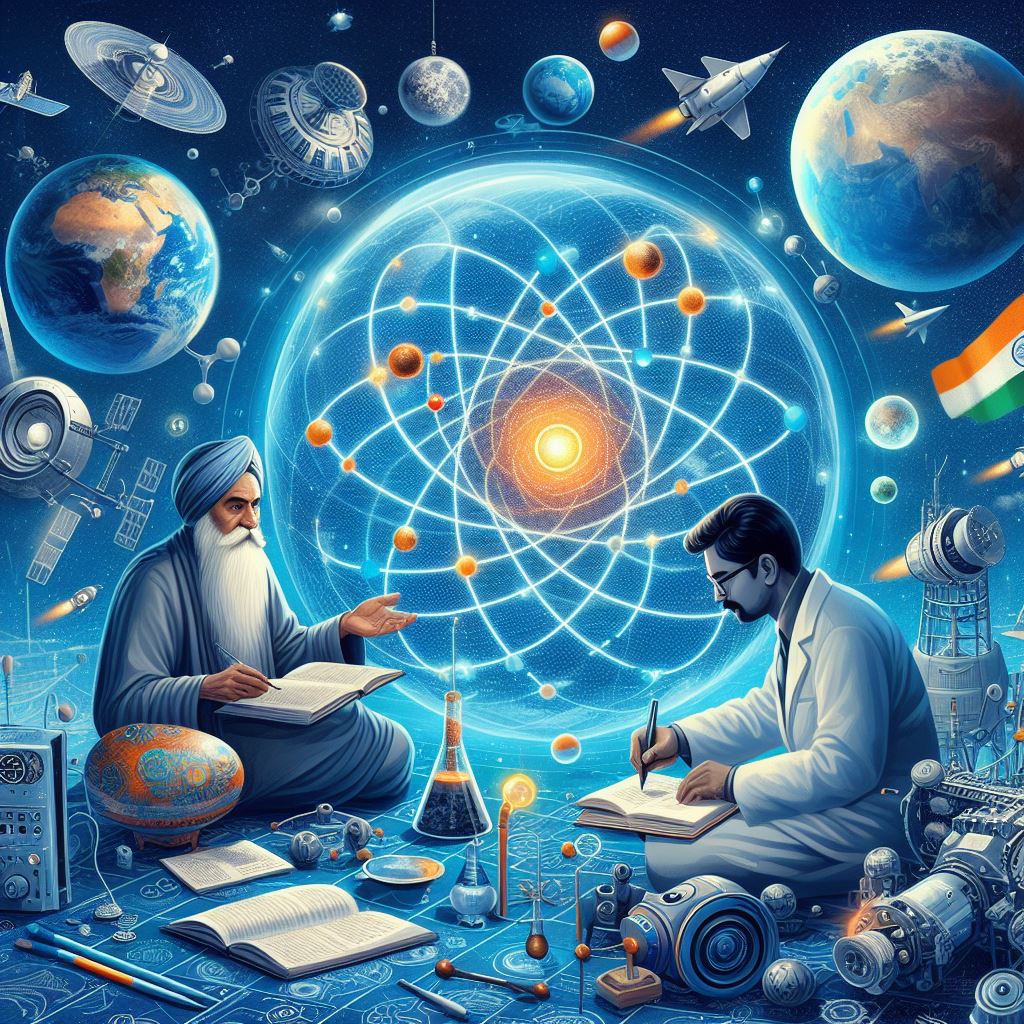The Indian subcontinent has always had a keen focus on research and innovation. Throughout history, several Indian scientists have made significant contributions in their respective fields, changing the world with their groundbreaking discoveries and inventions. From medicine to space exploration, these brilliant minds have left an indelible mark on the global scientific community.
Dr. Jagadish Chandra Bose, hailed as the father of radio science, is known for his pioneering work in wireless telegraphy and the invention of the Crescograph. His findings paved the way for modern-day wireless communication and greatly influenced the development of radio technology.
Another luminary, Sir C. V. Raman, was awarded the Nobel Prize in Physics for his discovery of the Raman Effect. This phenomenon, named after him, demonstrates the scattering of light and has been instrumental in a variety of scientific disciplines such as chemistry, biology, and material science.
Indian scientists have excelled not only in the physical sciences but also in the fields of medicine and public health. Dr. Hargobind Khorana, an Indian-American biochemist, shared the Nobel Prize in Physiology or Medicine for his pioneering work on interpreting genetic codes and synthesizing DNA. His research paved the way for advancements in gene therapy and the development of synthetic proteins.
The illustrious Indian mathematician Srinivasa Ramanujan made remarkable contributions to number theory and mathematical analysis. His discoveries remain influential to this day, and his collaboration with British mathematician G. H. Hardy transformed our understanding of mathematics.
Indian scientists have also played a crucial role in space exploration. Vikram Sarabhai, often referred to as the father of the Indian space program, played a pivotal role in establishing the Indian Space Research Organization (ISRO). Under his leadership, India successfully launched its first satellite, Aryabhata, into orbit, marking a significant milestone in the country’s space program.
Dr. A. P. J. Abdul Kalam, fondly known as the Missile Man of India, spearheaded India’s missile development program and successfully test-fired various indigenous missiles. He later served as the President of India and left an indelible mark on the country’s scientific and technological advancements.
These are just a few shining examples of Indian scientists who have made exceptional strides in their respective fields. Their groundbreaking work has not only contributed to the progress of science and technology but has also inspired generations of scientists in India and around the world.
India’s scientific community continues to go from strength to strength, with numerous institutions and research organizations dedicated to pushing the boundaries of knowledge. The government’s ongoing initiatives, such as the “Make in India” campaign and increased funding for research and development, further reflect the country’s commitment to nurturing scientific talent and fostering innovation.
As the world becomes increasingly interconnected, collaboration among scientists from different nations is vital to tackle global challenges. Indian scientists have actively participated in international collaborations, establishing India as a prominent player in the global scientific landscape.
From ancient scholars like Aryabhata, who pioneered mathematical and astronomical discoveries, to contemporary visionaries like Dr. Kiran Majumdar Shaw, an entrepreneur and pioneer in the biotechnology industry, India has continually produced exceptional scientific minds.
It is essential to recognize and celebrate the achievements of Indian scientists, as their contributions continue to shape our world and inspire future generations. By supporting scientific research, investing in education, and promoting a culture of scientific inquiry, India can pave the way for even more remarkable discoveries and ensure its rightful place at the forefront of global scientific progress.

